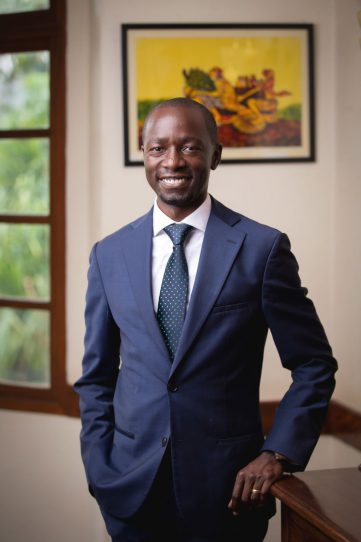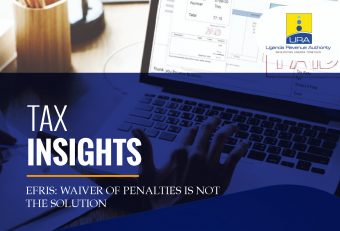A trademark is a distinctive sign that identifies certain goods or services produced or provided by an individual or a company from those of other enterprises. A sign or mark includes any word, symbol, slogan, logo, sound, smell, color, brand label, name, signature, letter, numeral or any combination of them and should be capable of being represented graphically. The Trademark has to be distinctive, non-descriptive and not likely to cause confusion. Trademark registration confers on the owner, the exclusive rights to prevent others from using the same or confusingly similar mark.
Importance of a trademark
- Registration of a trademark gives the owner an exclusive right to use the registered mark on the goods and/or services for which it is registered.
- The owner of a registered mark can sue for infringement of his registration if someone else uses the same or a similar mark on the same or similar goods and/or services for which the mark is registered.
- Registration gives one’s business the ability to distinguish itself from other providers in the market and prohibits others from capitalizing on an enterprise’s marketing efforts and good will.
- It is a guarantee of the reputation or the renown of the producer or the provider.
- Trademark is a valuable intellectual property business asset that can be sold or licensed, assigned or transmitted.
Different types of marks which can be registered in Uganda:
- A Service mark. This is a trademark that is used for advertisement of services.
- A Collective mark. This is a trademark that distinguishes the goods and services of members of a group or association of enterprises from those of any other undertakings.
- Certification mark. This is a mark indicating that the goods or services in connection with which it is used are certified by the proprietor of the mark in respect of the origin, mode or manufacture of goods, quality and other characteristics.
- Defensive mark. This is a trademark applied for by a trademark owner of a well known trademark for goods and or services that are not intended to be used by that owner.
- An Associated mark. This is a trademark that is identical to another trademark which is registered or is the subject of an application for registration in the name of the same person in respect of similar goods.
Registration
Any person or corporation who is the owner of a mark used, or proposed to be used, by him in Uganda, may make an application for the registration of a mark in Uganda.
A person who intends to apply for the registration of a trademark must first carry out a search to ascertain whether the trademark exists in the register upon payment of a prescribed fee.
A trademark application is then filed upon payment of application fees. The application should contain the mark proposed to be used, the class of goods or services, the name, address and the signature of applicant. Where the applicant is a foreign company/person, a power of attorney (simply-signed) or Form of Authorization to an Agent, who must be an advocate of the High Court of Uganda, is required. The filled application is then filed at the Trademarks Registry.
The application is then examined by the Registrar to determine its inherent registrability and conflict with prior existing registrations and or applications. Where the application is accepted by the Registrar of Trademarks, the application is then advertised in the Uganda Gazette for a period of 60 days. If there is no objection after the expiration of 60 days of the advertisement, the Registrar shall upon payment of the prescribed fee by the applicant enter the trademark in the register and issue a certificate of registration. A separate application is required for each class of goods.
Duration
A trademark is valid for seven years from the filing date of the application and may be renewed indefinitely for successive ten year periods upon payment of the prescribed renewal fee.
Categories of trade mark registrations/ applications
- New Trademark Application
- Trademark Renewal
- Trademark Assignment/ Mergers
- Trademark Licensing
- Change of Name
Rejection
The Registrar has power to reject registration of trademark where its use would be likely to deceive or would be contrary to law, morality or any scandalous design.
The Registrar also cannot register a mark in respect of goods or description of goods that is identical with or nearly resembles a trademark belonging to a different owner and already on the register. Such registration is considered to bring about likelihood of confusion where goods are the same or of the same description.



